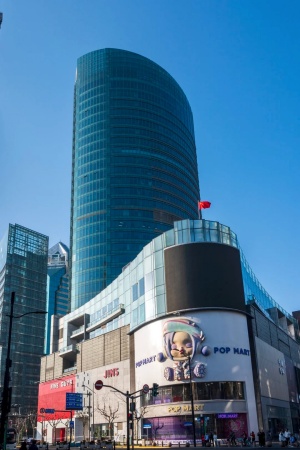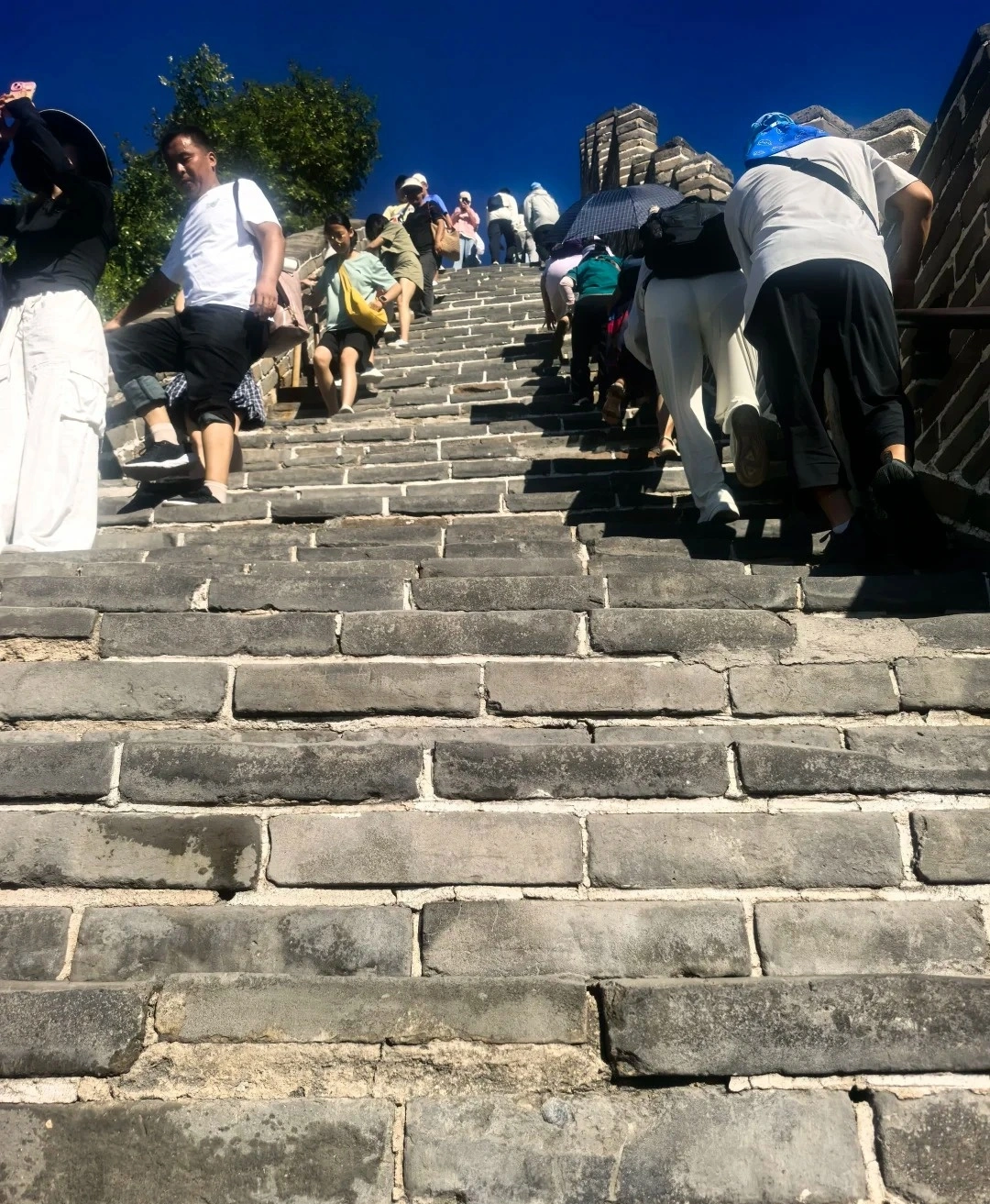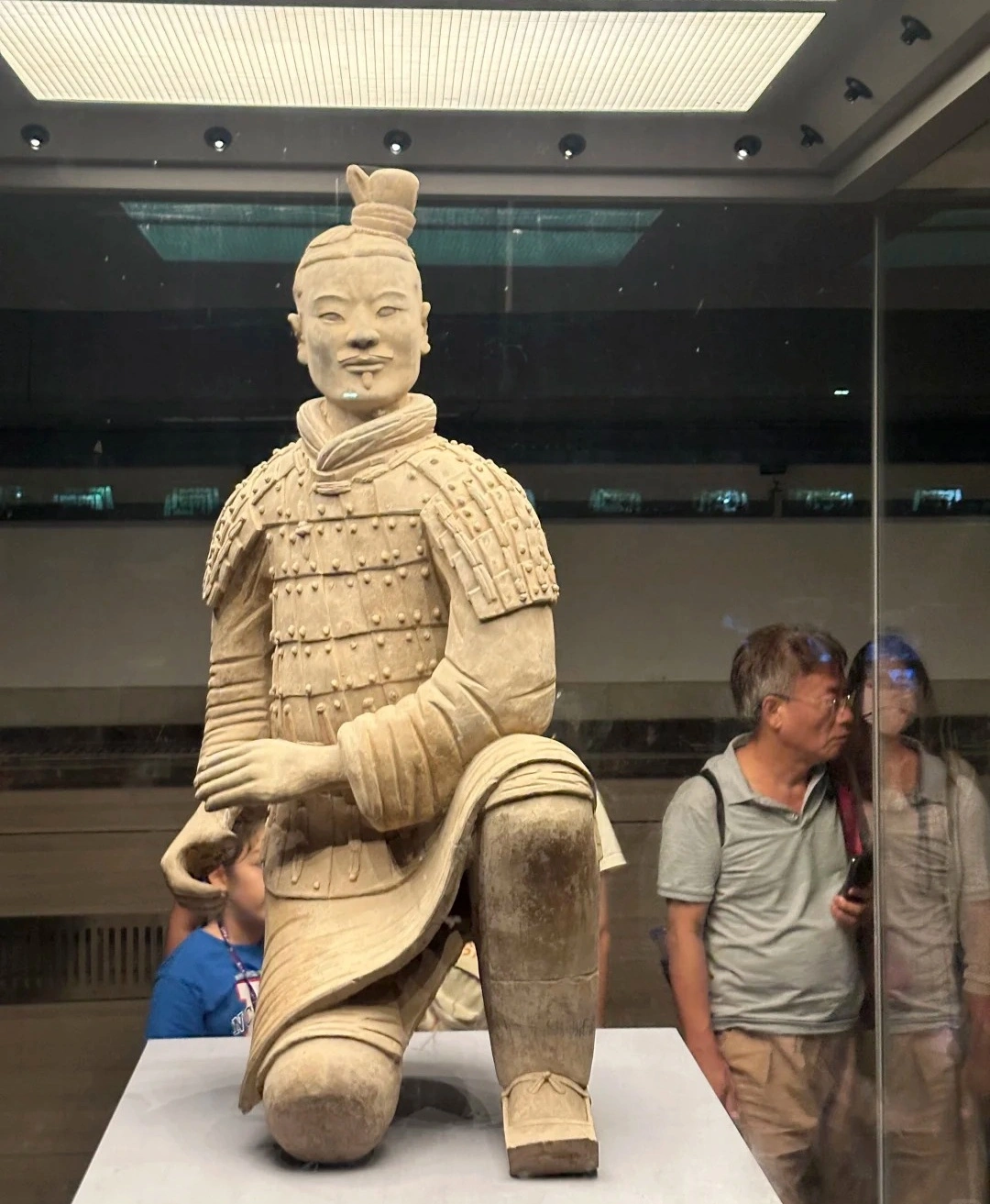Guide for Handling Emergency Situations During Chengdu Tourism Travel
This guide provides essential steps for handling emergencies in Chengdu, including lost/stolen items, medical crises, natural disasters, and scams, with key contacts and prevention tips to ensure safe travel.
Traveling to Chengdu offers unforgettable experiences, from panda encounters to spicy Sichuan Cuisine. However, unexpected emergencies—such as lost items, medical crises, or natural disasters—can disrupt your plans. This guide provides clear steps for Chengdu travel crisis management, ensuring you know how to respond to emergency situations in Chengdu travel effectively.
1. Lost or Stolen Items: Emergency Response in Chengdu Travel
What to Do Immediately:
- Report to Police: File a report at the nearest police station (带身份证/passport) if valuables like passports, wallets, or electronics are stolen. Keep a copy of the report for insurance claims.
- Contact Your Embassy: For lost passports, visit your country’s embassy/consulate in Chengdu (e.g., U.S. Consulate General in Wuhou District) to get an emergency travel document.
- Cancel Cards: Call your bank to freeze credit/debit cards. Use apps like Alipay or WeChat Pay for cashless transactions as a temporary solution.
- Retrace Steps: Check lost-and-found offices at hotels, airports (Chengdu Shuangliu or Tianfu International), or tourist sites like Chengdu Research Base of Giant Pandas.
Prevention Tips:
- Use anti-theft bags and avoid displaying valuables in crowded areas like Chunxi Road or subway stations.
- Backup important documents (passport scans, insurance policies) to cloud storage or email.
2. Medical Emergencies During Chengdu Tourism
Where to Seek Help:
- Hospitals with English Services:
- West China Hospital (华西医院): Top-tier facility in Wuhou District; call +86-28-8542-2114 for emergencies.
- Chengdu First People’s Hospital: Central location in Qingyang District; ideal for minor injuries.
- Pharmacies: Look for “Kangzhuang Drugstore” (康庄大药房) chains for over-the-counter medicine (e.g., pain relievers, antacids).
- Emergency Numbers: Dial 120 for ambulances or 110 for police/rescue assistance.
Travel Insurance:
- Ensure your policy covers medical evacuation and repatriation. Companies like Ping An Insurance offer affordable plans for foreigners.
3. Natural Disasters: How to Deal While Traveling in Chengdu
Common Risks:
- Earthquakes: Chengdu lies near fault lines; minor tremors occur occasionally.
- Floods/Heavy Rain: Summer monsoons (June–August) can disrupt transport and outdoor activities.
Safety Measures:
- During an Earthquake:
- Indoors: Drop, cover, and hold on under sturdy furniture. Avoid elevators.
- Outdoors: Move to open areas away from buildings, trees, and utility wires.
- Aftershocks: Follow local news via apps like Sichuan Earthquake Network for updates.
- During Floods:
- Avoid walking/driving through flooded streets (water may hide debris or strong currents).
- Check Chengdu Meteorological Bureau alerts via WeChat or websites like www.cma.gov.cn.
4. Other Emergency Situations in Chengdu Travel
Scams/Theft Prevention:
- Beware of fake taxi drivers near airports or train stations. Use official apps like Didi Chuxing or Shouqi Limousine.
- Avoid unlicensed tour guides offering “discounted” panda base tickets; book via official channels like Chengdu Panda Base’s website.
Transport Disruptions:
- For train delays/cancellations, visit Chengdu Railway Station counters or check 12306.cn (China’s official rail platform).
- Flight delays? Contact your airline directly or use Ctrip/Trip.com for rebooking.
5. Chengdu Travel Crisis Management: Key Contacts
- Police: 110
- Ambulance/Fire: 120
- Tourist Hotline: +86-28-96927 (24/7 assistance in English/Mandarin)
- Embassy Contacts:
- U.S. Consulate General Chengdu: +86-28-8558-3992
- UK Visa Application Centre: +86-28-6201-1111
Final Tips:
- Save emergency numbers in your phone and carry a printed copy of key contacts.
- Share your itinerary with a trusted friend/family member back home.
- Download offline maps (e.g., Google Maps or Maps.me) in case of internet outages.
Contact Us
What Our Clients Say?
Based on 10,000+ traveler reviews
Daniel Dorothea
Canada
Reviewed on April 29,2025
Shopping on Nanjing Road in Shanghai was just amazing! It's truly the "First Commercial Street of China", where tradition and modernity blend perfectly. You can find awesome souvenirs and experience the trendy vibes in cool stores. The neon lights at night are just spectacular, shining bright like Times Square in New York. The food here is incredible too. I had a feast for my taste buds. Shanghai, I'll definitely be back!
Destination(s):
Shanghai
Date of
Experience:
May 08,2024

Elvis Eva
Canada
Reviewed on June 20,2025
As a solo traveler from Canada, I was nervous about navigating China alone—but this 11-day tour was PERFECT! From hiking the Great Wall at sunrise (Day 3) to gasping at the Terracotta Army (Day 5), every day delivered ‘pinch-me’ moments. The real showstopper? Zhangjiajie’s Avatar Mountains (Day 7)! Our guide made the stone pillars come alive with stories.
Massive thanks for handling all logistics—bullet train tickets, entry passes, car! And the 4-star hotels surprised me.
Destination(s):
Beijing Xian Zhangjiajie Shanghai
Date of
Experience:
June 02,2025



Simon
America
Reviewed on May 29,2025
Our 2-day Zhangjiajie tour was beyond spectacular! As someone who’s visited Beijing and Shanghai for work, this trip revealed China’s wild, magical heart. Day 1 in Zhangjiajie National Forest Park felt like stepping onto Pandora—I’m a huge Avatar fan, and Yuanjiajie’s floating peaks left me breathless. The misty pillars and lush valleys like pure movie magic!
Then came Fenghuang Ancient Town, we eat dinner beside the thundering waterfall. It seems Unreal! The night views of stilt houses glowing over the river were straight from a fairy tale.
For fellow Avatar lovers and adventure seekers: Don’t miss this bucket-list experience! 10/10 would return.
A Well-Traveled Film Buff, May 2025
Destination(s):
Zhangjiajie
Date of
Experience:
May 08,2025









